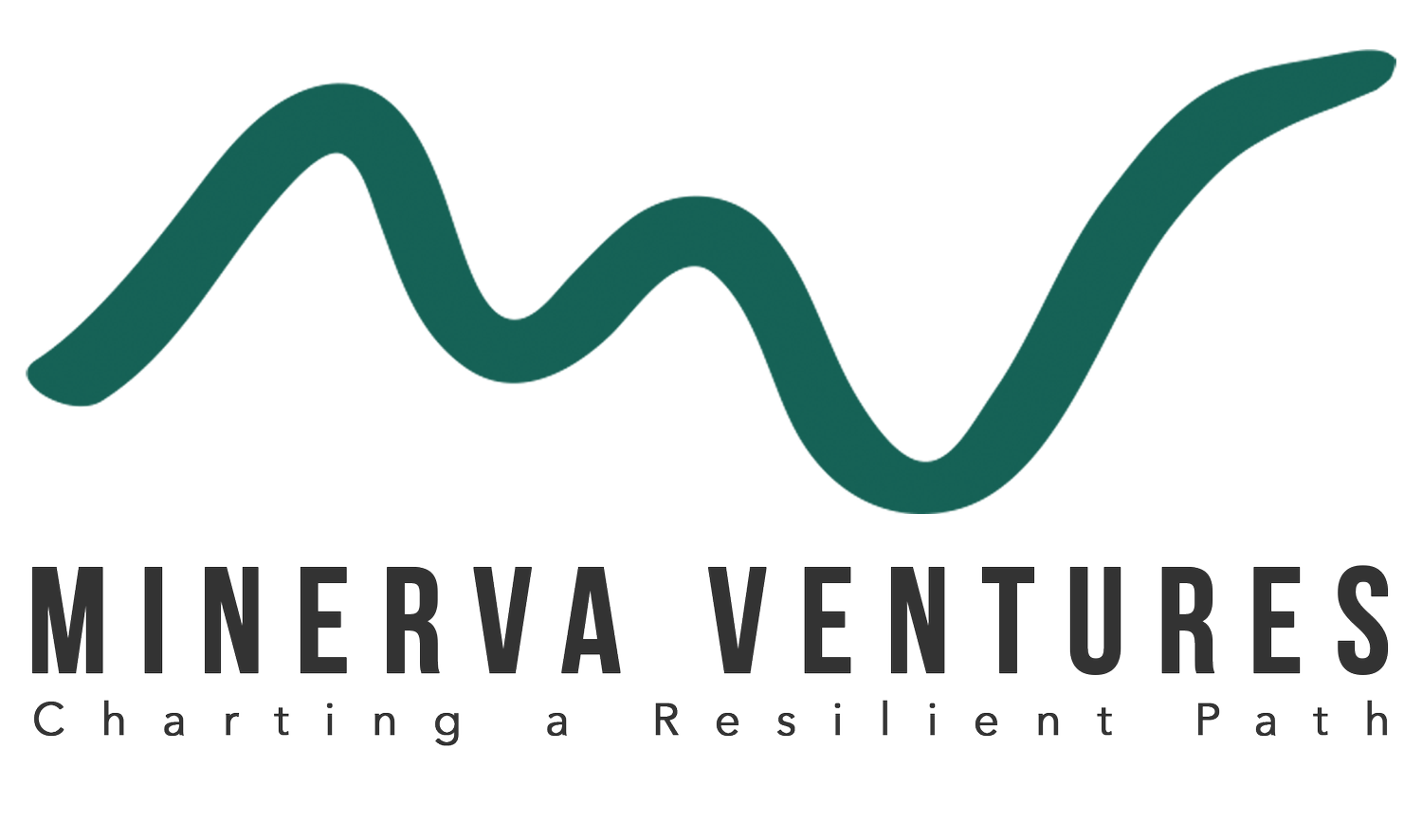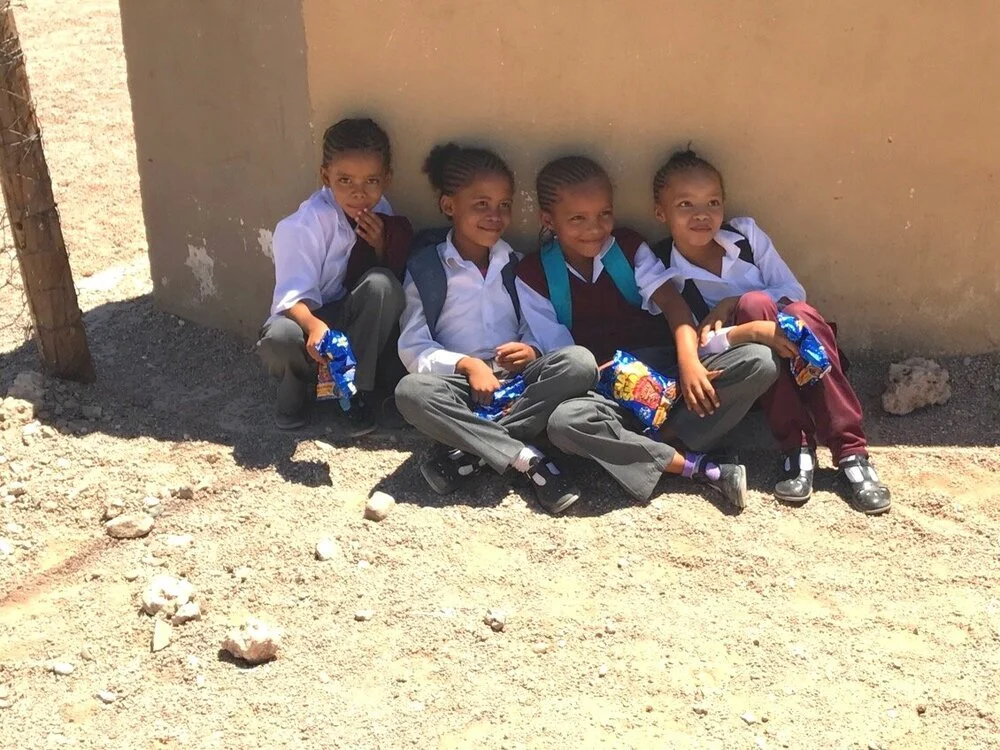
Minerva’s View
.
The Importance of Governance
Trump and his incoming administration are determined to wreck the administrative agencies that serve Americans every day. They trumpet the false idea that government employees are ineffective and wasting taxpayer money. Don’t lose sight of their real goals. The time to act is now.
Autocracy or Regeneration?
After a cataclysmic election, is it time to flee or stay to build a better future?
In Case of Emergency, Break Glass
Wildfires are raging in Eastern Oregon. Dry and hot conditions set the stage…. Is it resilience or denial or delusion to adjust to changing conditions? … We have felt reluctant to advocate for partisan politics in this newsletter. But we are in a break-glass-in-case-of-emergency moment. Right now, the most urgent task is to ensure that Americans elect pro-science, pro-web-of-life leaders.
Planetary Boundary Emergency
Climate scientist Johan Rockström and his colleagues at the Stockholm Resilience Center in Sweden, in a study examine the earth’s key tipping points, found that six of the nine planetary boundaries are already transgressed, placing the Earth “well outside of the safe operating space for humanity.” Now is the time for accelerating action.
Climate Change: What Does the Science Actually Say, And What Should We Be Doing Now?
According to the United Nations Intergovernmental Panel on Climate Change (IPCC) we still have a narrow window to keep global warming from going above the 1.5°C target. Concerning, but not alarming. However, according to Global Warming in the Pipeline, published by a high powered team of scientists that includes James Hansen, that goal is “dead as a doornail.”
Photo: People on a flooded Brooklyn street, Sept 29, 2023. Yuki Iwamura, The Washington Post
Strategies to Popularize Climate Solutions: Gaining Traction with Multi-Solving
Without public demand and political pressure for new climate solutions, “business as usual” will likely prevail until it’s too late to avert climate change’s worst impacts. How can we shift the prevailing conversation?
Hitting the Snooze Button
The new UN IPCC report calls for urgent action. Lulled by the momentum of daily life and its distractions, we are sleeping through the alarm.
Dangerous Climate Tipping Points
Around the world there are alarming reports of catastrophic floods; extreme drought and heat conditions; unprecedentedly ferocious wildfires; and reduced harvests.
Black Lives Matter and Climate Change
What if we could welcome conversations with one another that allow us to express and hear one another’s pain and to experience our common humanity? What if we treated each person as precious and worthy of respect and equality?
Regenerative Urban Design and Climate Consequences
The recent storms and floods in the Midwest, fires in the west, and the prospect of Sea Level Rise in the Bay Area present opportunities to plan for and invest in rebuilding that is regenerative and resilient.
Climate Risks and Indigenous Communities: Impacts and Solutions
As we begin to understand the devastating impacts of the Australian “mega-fires” on the country’s economy ($100 billion), landscape (more than 25.6 million acres torched), and biodiversity (an estimated 1 billion animals killed), very little has been written about the fires….
What’s Next After the UN Congress of Parties in Madrid?
The house is on fire and we stand idly by, wringing our hands.
UN Congress of Parties (COP) in Madrid ended without sufficient new commitments to meet the target of keeping warming to below 1.5 °C or even 2.0 °C. …
In This Together
When I was 19 and a student in France, I lived with a wonderful family as part-time nanny for their 5 children. One time, when the parents went off to Paris for a few days and left me in charge of their brood, Patrick, the 3 year-old, came down with a fever and I had to call in the doctor who lived near the old church.
Transforming Climate Anxiety into Action
You’ve probably noticed that the weather is changing – hotter sooner, more storms, higher winds, unprecedented firestorms, floods, and droughts. We humans are mammals first. Even for those of us who live mostly in-doors, we sense when there’s a deviation from normal and it makes us uneasy.
Action in the Face of Climate Catastrophe
Amongst all the scary news that CO2 levels have surpassed 415 ppm, a million species are facing extinction and oceans are being choked by plastic and toxic pollution, there are rays of hope. Individuals, governments and corporations are stepping up to take bolder action.
Joseph Kott: Humanitarian and Sustainable Transportation Leader
The Minerva Ventures team regrets to share this sorrowful news. We worked with Joe for many years and appreciated his kind heart, deep knowledge and his passion for the role of transportation in making communities vibrant, equitable and sustainable. The Transportation Choices for Sustainable Communities Research and Policy Institute will strive to carry on his work and honor his memory.
COP 24: Finding Consensus on the Brink of Failure
The UN Congress of Parties (COP 24) climate meetings were held in Katowice, Poland from 3-12, December 2018. The conference was convened to finalize the rules for countries to monitor and to cut emissions ahead of 2020. The COP 24 conference also agreed on the need for transparency around richer nation’s assistance to poorer countries.
Message to Leaders on Election Day 2018
Dr. James Hansen testified to Congress in 1988, warning that climate change was happening and that policy makers needed to take urgent action. 41 years later his dire predictions are here.
Global Climate Action Summit 2018
The Global Climate Action Summit in San Francisco from September 12-14 was a thrilling call to action. Mae Jamison, astronaut, spoke of the fragile beauty of the earth, isolated in space.




















